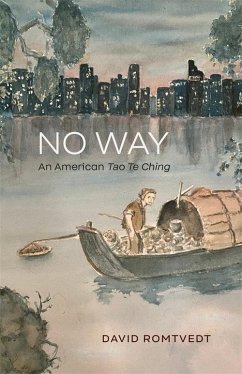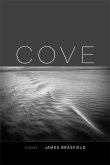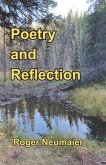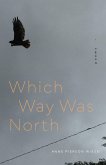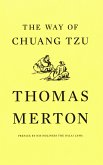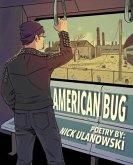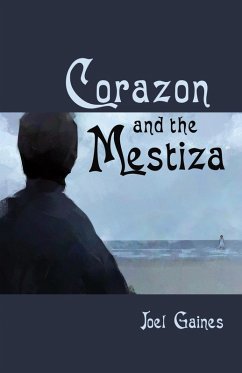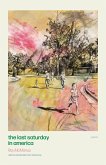David Romtvedt's No Way: An American "Tao Te Ching" explores the art of living in the fast-paced, dangerous, unpredictable contemporary world. Lucid and wise in the spirit of its ancient Chinese predecessor, No Way functions as a kind of offbeat-yet-deadly-serious manual on the conduct of life. This slightly tongue-in-cheek take on the Tao's advice acknowledges that nobody likes being told how to live, least of all the author himself.
With an openness to complexity and mystery, in tones that range from cool to passionate, No Way brings the Tao into the social turmoil of a twenty-first-century United States beset by political strife, mass shootings, and financial greed. Romtvedt combats cynicism and malaise with wry verse that positions itself in the role of the trickster. The voice of these poems can be serious and contradictory yet also humorous and welcoming. By suggesting that the days of the ancient Tao are gone for good, No Way offers readers an invitation to guide themselves forward, free of sages and rulers.
Hinweis: Dieser Artikel kann nur an eine deutsche Lieferadresse ausgeliefert werden.
With an openness to complexity and mystery, in tones that range from cool to passionate, No Way brings the Tao into the social turmoil of a twenty-first-century United States beset by political strife, mass shootings, and financial greed. Romtvedt combats cynicism and malaise with wry verse that positions itself in the role of the trickster. The voice of these poems can be serious and contradictory yet also humorous and welcoming. By suggesting that the days of the ancient Tao are gone for good, No Way offers readers an invitation to guide themselves forward, free of sages and rulers.
Dieser Download kann aus rechtlichen Gründen nur mit Rechnungsadresse in A, D ausgeliefert werden.
Hinweis: Dieser Artikel kann nur an eine deutsche Lieferadresse ausgeliefert werden.

